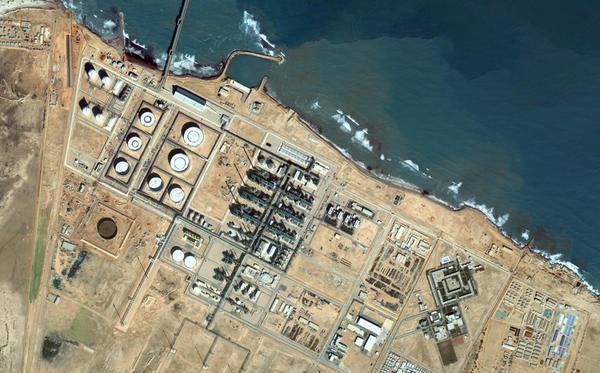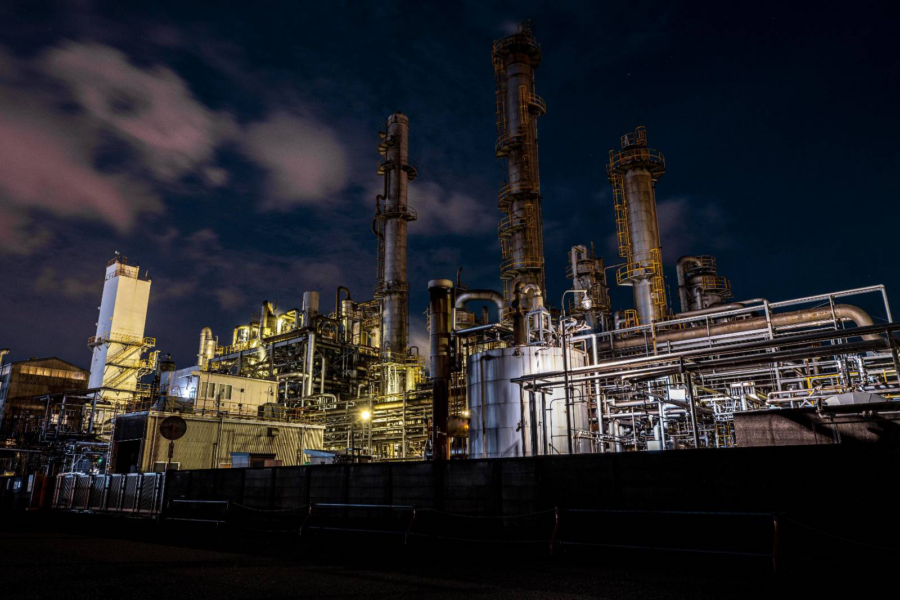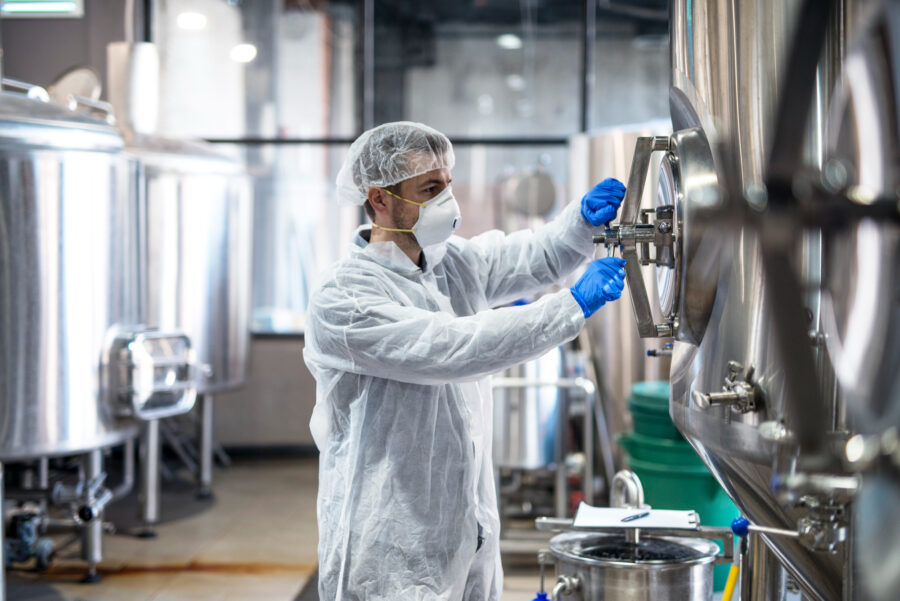Libya: An eldorado for multinational corporations
Behind the veil of political and environmental challenges, Libya, in 2024, unveils itself as the next eldorado for astute multinational corporations. With the pressing need for reconstruction, particularly in Derna, this resource-rich country emerges as a tapestry of opportunities for companies ready to invest in the future. The international conference announced in Derna is more than a mere diplomatic gathering. It symbolises an emerging market, poised to welcome audacious firms. And who better to lead the charge than China, a superpower acknowledged for its ability to identify and capitalise on fresh commercial opportunities. However, China isn't alone in this race. Libya's potential,
The evolution of the refined products market in the face of current challenges
The refined products market is currently going through a complex period, marked by a number of determining factors. Firstly, global demand for fuels is set to slow in 2022-2023, as a direct result of the gloomy economic climate. According to the IEA, oil consumption is set to grow by just 2 million barrels a day in 2022 and 2023, half the initial forecast. This is putting pressure on petrol and diesel consumption. Added to this is the acceleration of the energy transition, with the growing adoption of electric vehicles in several regions of the world. Sales of electric vehicles have risen
The post-COVID-19 agri-food industry: Analysis and outlook
The COVID-19 pandemic has caused upheaval in all economic sectors, including the agri-food industry. However, even against this backdrop, the agri-food sector is proving resilient and offering investment opportunities. Understanding the sector's current trends and key indicators is essential for potential investors looking to navigate this complex landscape. Analysis of the post-COVID-19 agri-food sector The pandemic has amplified many existing trends while creating new ones. In 2022, the global agri-food market was estimated to be worth US$8.04 trillion and is expected to grow at a compound annual growth rate (CAGR) of 3.1% from 2023 to 2028. 1. Technological innovation: The adoption of technologies
Latin America and the Caribbean: from challenges to investment opportunities
Latin America and the Caribbean, despite the economic difficulties exacerbated by the COVID-19 pandemic, present attractive new investment opportunities for those ready to embrace change. According to a recent report by the Economic Commission for Latin America and the Caribbean (ECLAC), combined with insights from the International Monetary Fund (IMF) and the World Bank, it is clear that the current challenges can be transformed into a platform of opportunities for savvy investors. Green transition and sustainability: Latin America and the Caribbean are increasingly attracting investment in clean energy, reaching around $18.4 billion in 2020, according to the IMF report. The potential





